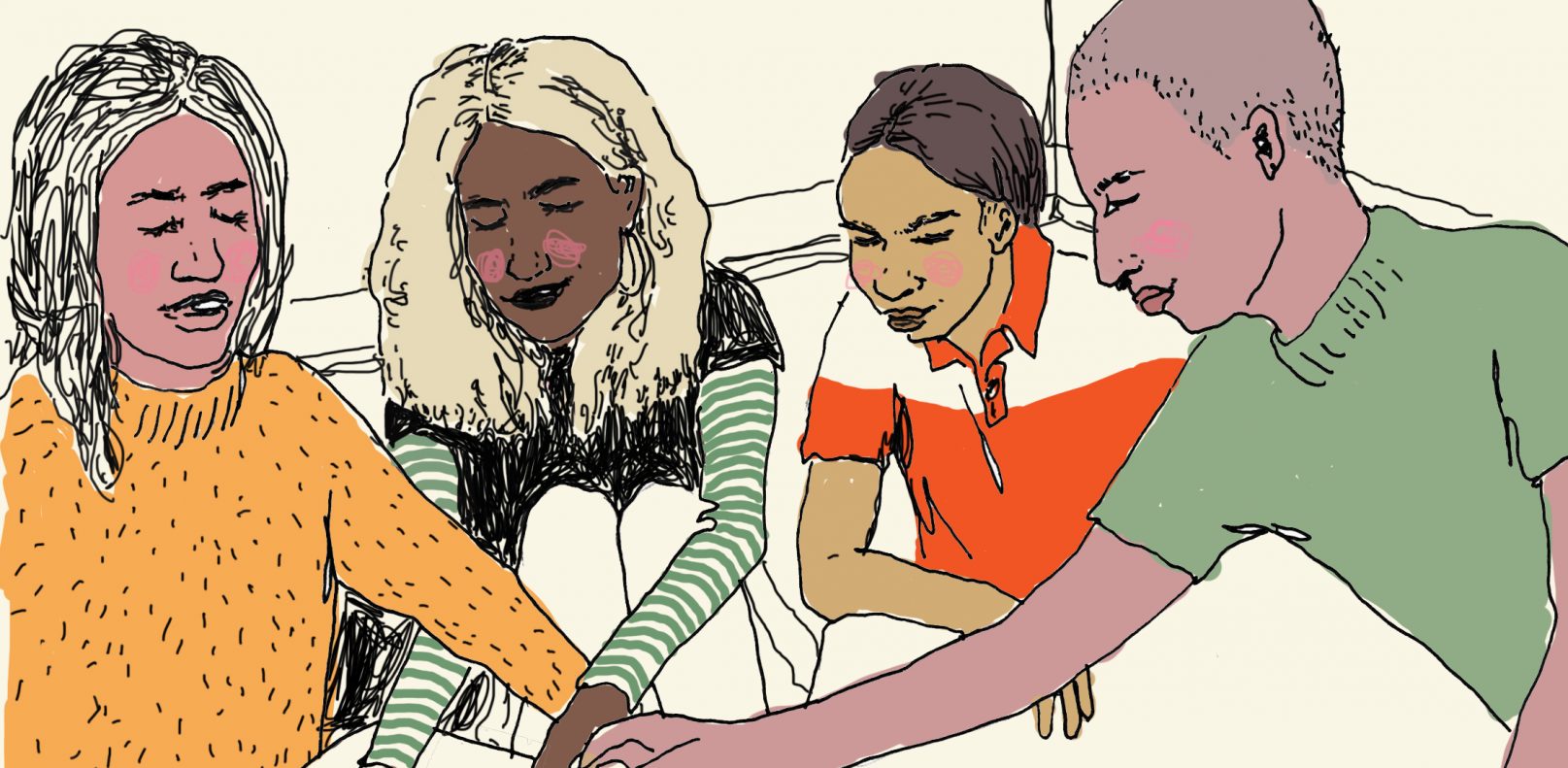Written By Luke Campbell
I sit cross-legged on the floor of my apartment with three of my friends; for an hour we race around the world and, against the clock, working together as a team of scientists to save humanity. We are the last hope for a world besieged by infectious diseases. I fly my purple pawn from the CDC in Atlanta to Mumbai, Paris, and Buenos Aires; each move I make is an act of participation in a cultural phenomenon bearing the return of board games. We are living in the “Board Game Renaissance”: a rebirth in the interest in and the production of tabletop games. More than a reveling in the rainy-day nostalgia of playing Clue as a kid, the creation of intricately designed and elegantly illustrated board games has blossomed in recent years. The old classic games such as Monopoly and Risk have been supplanted by neo-classics: Settlers of Catan, Ticket to Ride, and Pandemic (the game referenced above). According to Research and Market reports, the board game market is perceived to reach values over $12 billion by 2023. Additionally, five thousand board game cafes in the US opened their doors in 2016 alone. In a world with VR Headsets and Red Dead Redemption 2, the return to an outdated form of entertainment begs explanation.
In some ways, just as technology has immeasurably connected the world, and us to each other, it has also erected screens between us. The simplest explanation follows that the board game boom reflects the games’ function as convenient mediums for human connection: a suitable excuse to put down our phones. Sitting around a table together, playing a board game represents an act as intimate as sharing a meal. Games like Pandemic allow players to work together playing against the game instead of each other; social deception games like Secret Hitler force players to lie to each other in groups of up to ten people — both kinds of games capitalize on the aspect of human interaction and have achieved huge popularity. This explanation is partially satisfying. At most, the promise for human connection offers a foundation for a more complex draw.
Board games foster a unique kind of social experience through their often fantastical and immersive premises. One evening you might find yourself a merchant in medieval Europe attempting to sneak illegal goods into the market; another day you’re constructing the wonders of an ancient world. Removing the technological barrier between yourself and those you play board games with, you allow yourselves to become fully immersed and present in alternative spaces. In this way, board games offer a kind of group escapism. They submerge players in the worlds they create through often breathtaking artwork and gameplay designed to spark imagination and conversation. For example, the acclaimed game Scythe creates a vision of an alternate history following WWI; warring factions martial giant “mechs” against each other for control of disputed territory. The entire game rises out of the artwork of Jakub Rozalski, the game itself an interactive work of art. The phenomenon of the Board Game Renaissance–the massive return to and reinvention of board games–reflects the games’ ability to function as a capsule for sincere, face-to-face social connection with the potential to break its players from reality and transport them to an artistically crafted, imagined world. But the allure of board games still extends deeper.
The act of sitting around and engaging with a board game erects a physical boundary between the real world (outside) and the game (inside). Taking a seat at the table becomes a kind of covenant between the players, and the game board becomes a sacred space. Within this sacred space, the game prescribes new rules for interaction distinct from those of the outside world. The fracture perpetrated by this extra-societal gathering diminishes the sanctity of society’s enshrined rules. Thus, board games offer not only a fantastical escapism through immersive art and gameplay, but a societal escapism grounded in shifting the grounds for human interaction.
